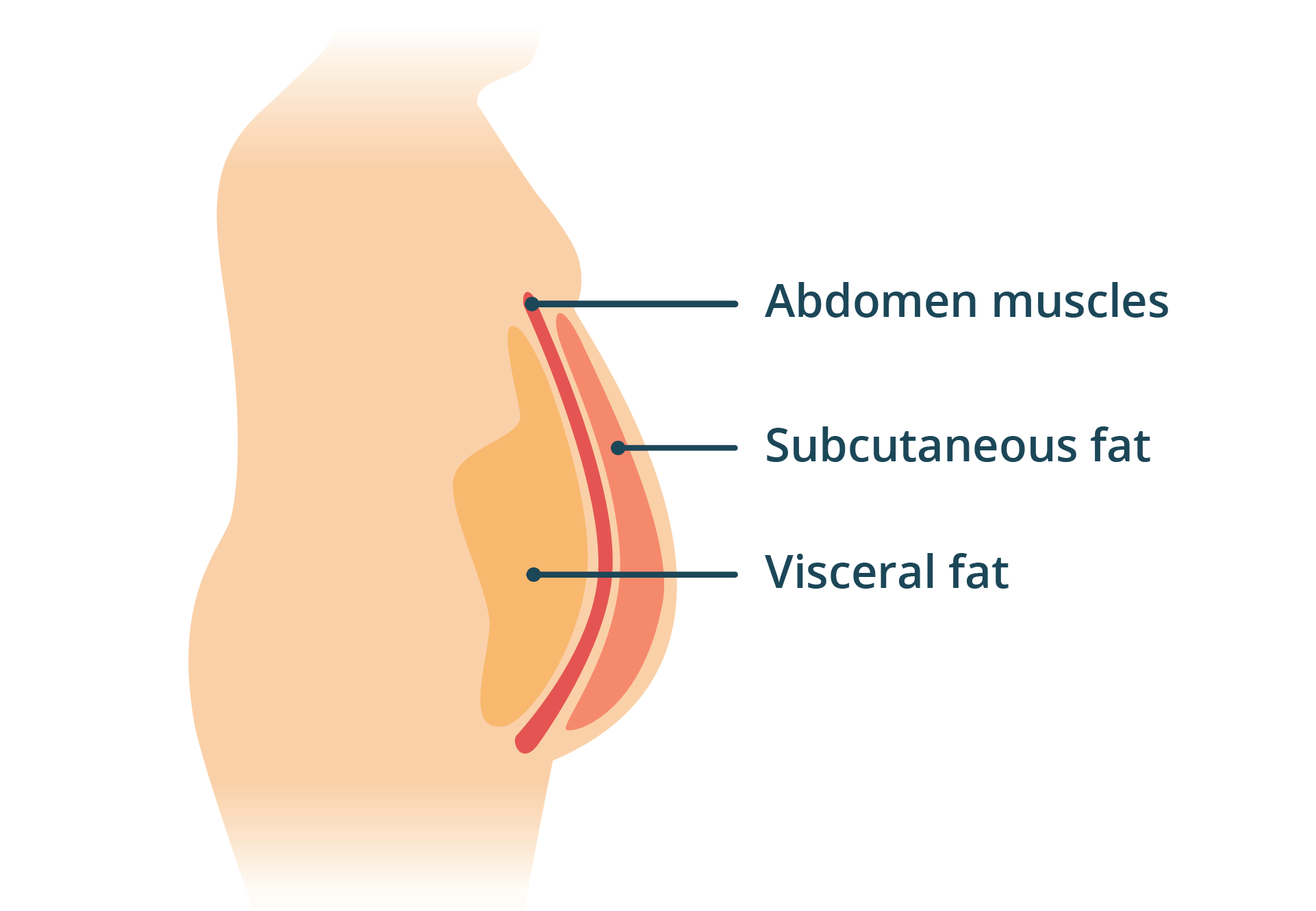
The slow beeping of the monitor eventually stops, and someone finally powers it down.
Click clack.
The machines are silent now. I take one last glance at the innocent, youthful face and ponder the kind of life he had experienced. I exit the room with the rest of the team. A hand pulls the curtain shut.
Death.
Literally, the most conclusive force on Earth. The lasting, irreversible halt of biological function. An end so definitive it transcends our comprehension. We protect ourselves from it, discuss it in whispering tones, and act as if it is perpetually distant.
But then, it comes. Sometimes unexpectedly. A person exists—breathing, thinking, talking—and then they don’t. Their life energy vanishes, leaving behind a quiet, disquieting stillness. In those moments, everything else loses significance. The noise of everyday life diminishes. The trivial anxieties and distractions swiftly seem unimportant.
After a death, we walk away. Wordlessly. As a team, yet isolated. A mix of white coats and scrubs. The room behind us falls silent. The machines are muted, the lines unhooked. And we proceed with what we are trained to do: We take a seat. We log in. We request more labs. We start typing.
Click. clack.
The sole sound in the workspace is the click-clack of keyboards—hollow, mechanical. Few words are exchanged. We immerse ourselves in tasks: placing the next lab orders, writing progress notes, revising vitals. Yet our thoughts are elsewhere. Our minds linger in that room. Each of us is grappling with what just occurred—what we just observed—but without the capacity to articulate it.
Positioned at the computer becomes an oddly comforting refuge—a familiar sanctuary when everything else feels too raw, too much to handle. We retreat to what we excel at: the work. The routine. The blinking cursor.
Click clack.
It serves as a means to keep ourselves together, to persist when words are inadequate.
There exists a peculiar collective dissociation. A subdued grief, intertwined with guilt. We grapple with the feeling that plunging back into our routines seems heartless, mechanical. As if we’re undermining the significance of what just transpired. And yet… we also understand we must keep moving. There are other patients waiting. Other lives reliant on our efforts.
We must go on.
Yet we must not.
It is the paradox of our profession, the clash of sacred and ordinary. Of profound sorrow and the incapacity to pause and process it. To feel both heartbreak and obligation simultaneously. The paradox of longing to be sincerely human and honor the loss of life, while hurrying to perform methodical tasks in the wake of something as significant as death. And to endure not because we are numb—but because we still care. To endure because perhaps, deep down, we acknowledge that the only way to avert further death is to continue—to request the next labs, update the notes, check the vitals.
Click clack.
The ordinary is not a betrayal of the moment we just observed—it is precisely what may spare another from the same outcome.
So even in the soft click-clack of keyboards, in the digital routines that occupy the voids, there exists care. There is grief. There is humanity. And there is life.
Click clack.
*Aaron Grubner is a pediatric emergency medicine physician.*